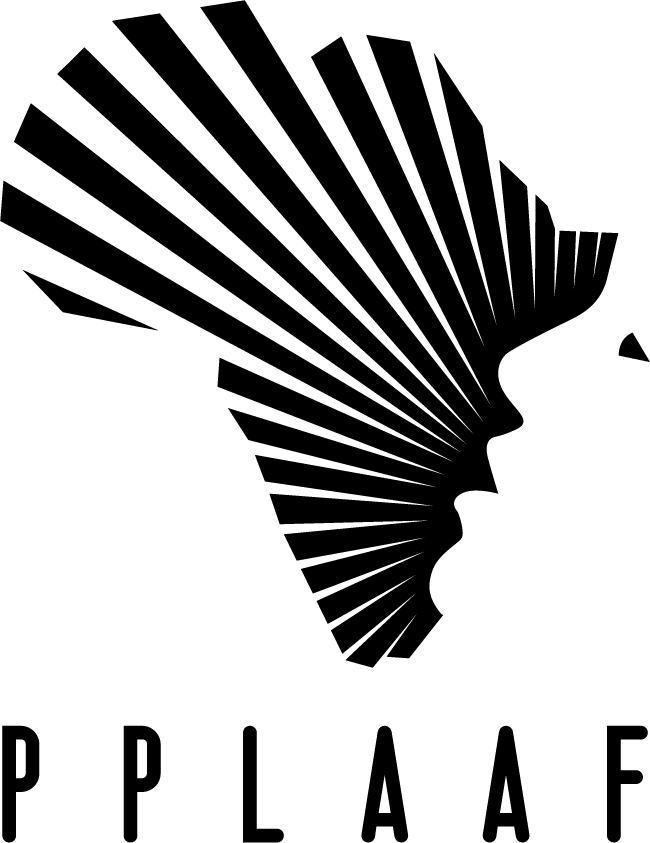“We are the New Revolutionaries”
This is how Mosilo Mothepu, the well-known Trillian Financial Advisory whistleblower described the role of whistleblowers in South Africa. “Every generation goes through a crisis. Men and women decided to stand up against Apartheid and today we enjoy democracy. A generation later; it is corruption.”
On 6 December 2022, the Whistleblower Roundtable: What is Needed for Protection from the Experience of Whistleblowers was held as part of Whistleblower Protection Week hosted by the Platform to Protect Whistleblowers in Africa (PPLAAF), the Friedrich Naumann Foundation (FNF) and the Gordon Institute of Business Science (GIBS), held in Johannesburg from 5 to 7 December 2022. The Roundtable was hosted by renowned journalist and author Mandy Wiener. The speakers on the Roundtable were Tlholo Phakwe, son of the assassinated whistleblower, Moss Phakoe, Mthabisi Moyo, whistleblower on corruption and maladministration at the Gauteng Enterprise Propeller, and Mosilo Mothepu, the well-known whistleblower on Trillian and Regiments Capital.
The objective of the roundtable was to hear first-hand accounts of the retaliation and effects that whistleblowers and their families experience after blowing the whistle.
Listen to the full discussion here.
Effects of Blowing the Whistle
Whistleblowers such as Moss Phakoe, have paid the ultimate price by losing their lives at the hands of the perpetrators of corruption. As Moss’s son, Tlholo Phakwe pointed out, “the perpetrators walk freely” and it is the victims who suffer more than the perpetrators. It is unfair and a travesty of justice. Mosilo Mothepu faced criminal charges relating to cybercrime, fraud and theft among others. It is well known that in South Africa, criminal cases take a long time, however, in Mothepu’s case everything happened quickly. The constable on the case even went as far as to divulge that because of who the complainants were connected to politically, her case would be accelerated. In Moyo’s experiences, he faced retaliation in the workplace, by first being transferred which constituted a demotion, suspended and then finally dismissed.
The Protected Disclosures Act
The roundtable highlighted the necessity for financial, physical and psychological security for whistleblowers. The Protected Disclosures Act (PDA), South Africa’s whistleblower protection law, was described as a dinosaur and not fit for purpose. Moyo maintained that there was a lack of awareness of the PDA and he only found out about it once the retaliation started. This lack of awareness of the PDA extends to the institutions that are mandated to enforce the PDA, Moyo opined that “they do not have a clue as to what they are doing”. There is a need for more training on how to apply the law. In the case of Moss Phakoe, the PDA had no chance of protecting him against his assassins. Despite the matter going to trial and the accused being found guilty and receiving prison sentences, the convictions were overturned. The murder of Phakwe’s father took “the whole of him” as he had to step into the role of breadwinner and look after his family.
Recommendations
One of the suggestions that came from the Roundtable was the creation of an independent institution with similar support as a Chapter 9 Institution. Chapter 9 Institutions are independent institutions mandated to protect democracy in South Africa. This institution could operate as a central agency to receive whistleblowing reports, deal with the issue of compensation and then pass on the investigation of the issue to the relevant authorities. Phakwe believes that such an institution and support would have made a big difference to his father: “What is vital for whistleblowers is assistance and support and that is what is currently lacking. Whistleblowers feel alone and threatened.”
Some of the recommendations from the audience were that the PDA needs to be removed from the Labour Relations Act because, with the current structure, once an employee initiates a complaint then no other institution such as the Public Services Commission or the Public Protector will take the matter on if the employee’s complaint involves retaliation or victimisation in the workplace. This is due to the practice adopted by these bodies that the Commission for Conciliation, Mediation and Arbitration (CCMA) has exclusive jurisdiction over labour-related matters.
The Roundtable concluded with the need for education, starting with schools, on morality and understanding the consequences of corruption, but also for strong protective mechanisms for those who will apply the education by reporting wrongdoing.
PPLAAF is a non-governmental organisation established in 2017 to protect whistleblowers, as well as to advocate and engage in strategic litigation on their behalf when their revelations deal with the general interests of African citizens.
For more information on PPLAAF, please visit:
PPLAAF’s website: https://pplaaf.org
Facebook: https://www.facebook.com/PPLAAF/
Twitter: @pplaaf
Email: Info@pplaaf.org
For media inquiries, please contact:
Email: gemma@pplaaf.org
Phone: +27 66 458 3372




